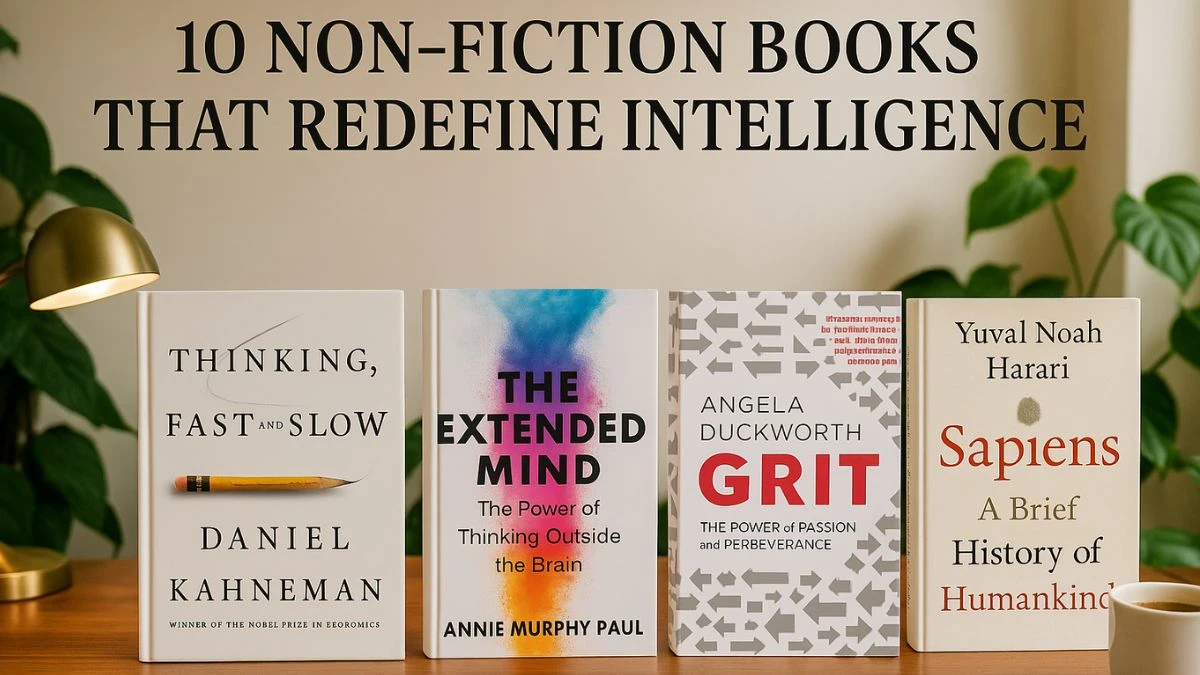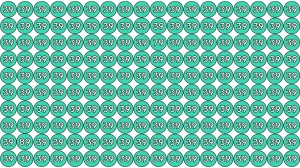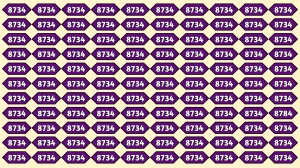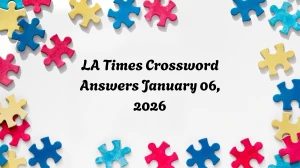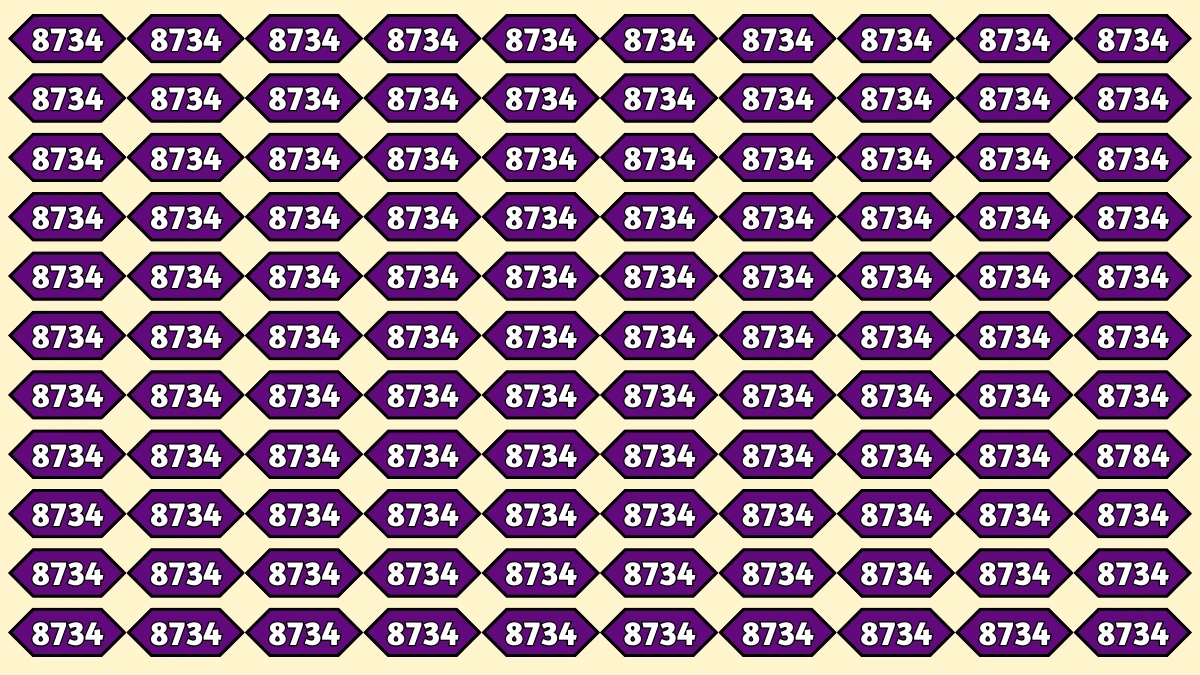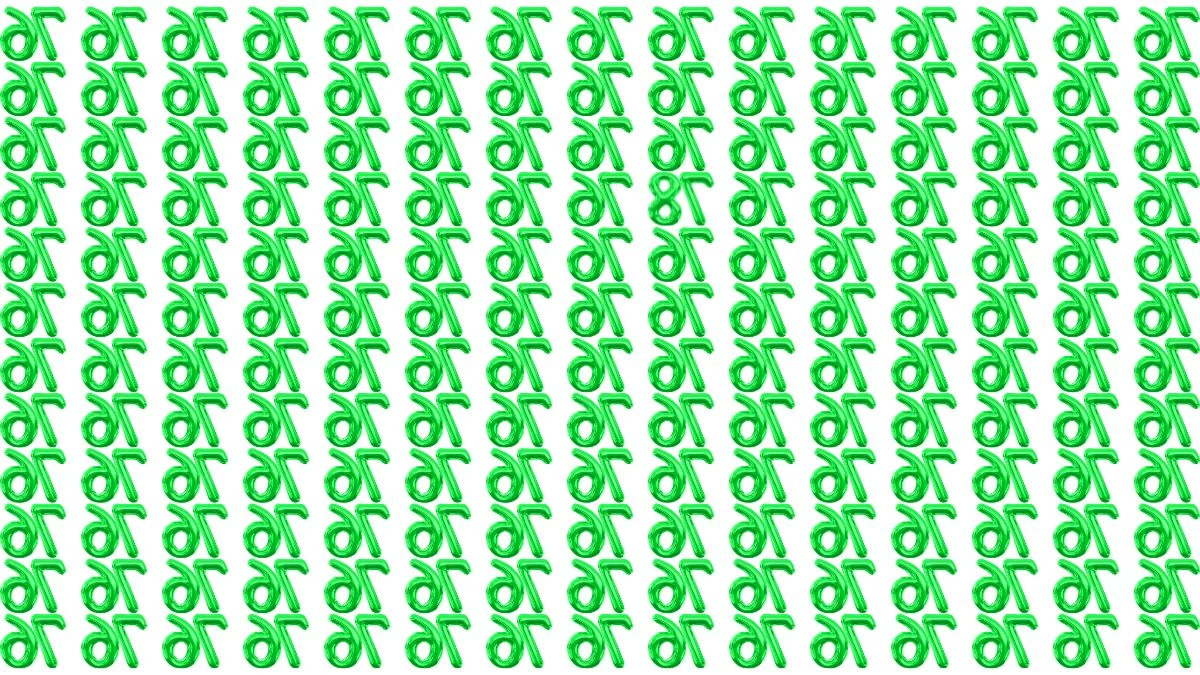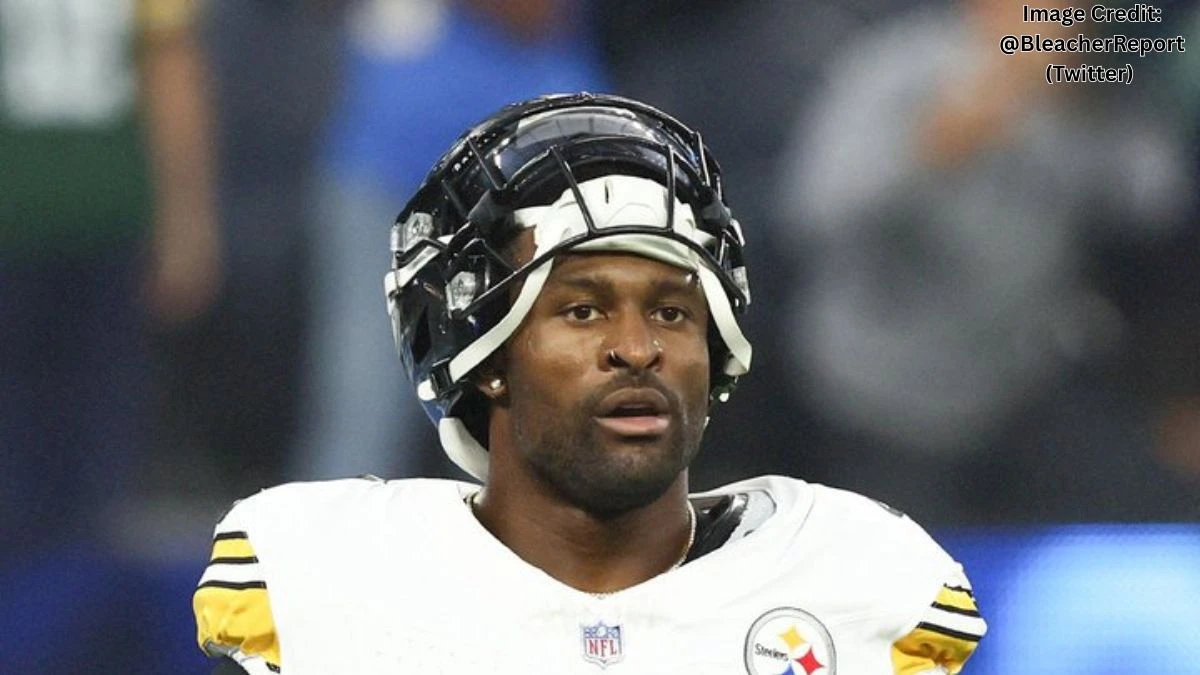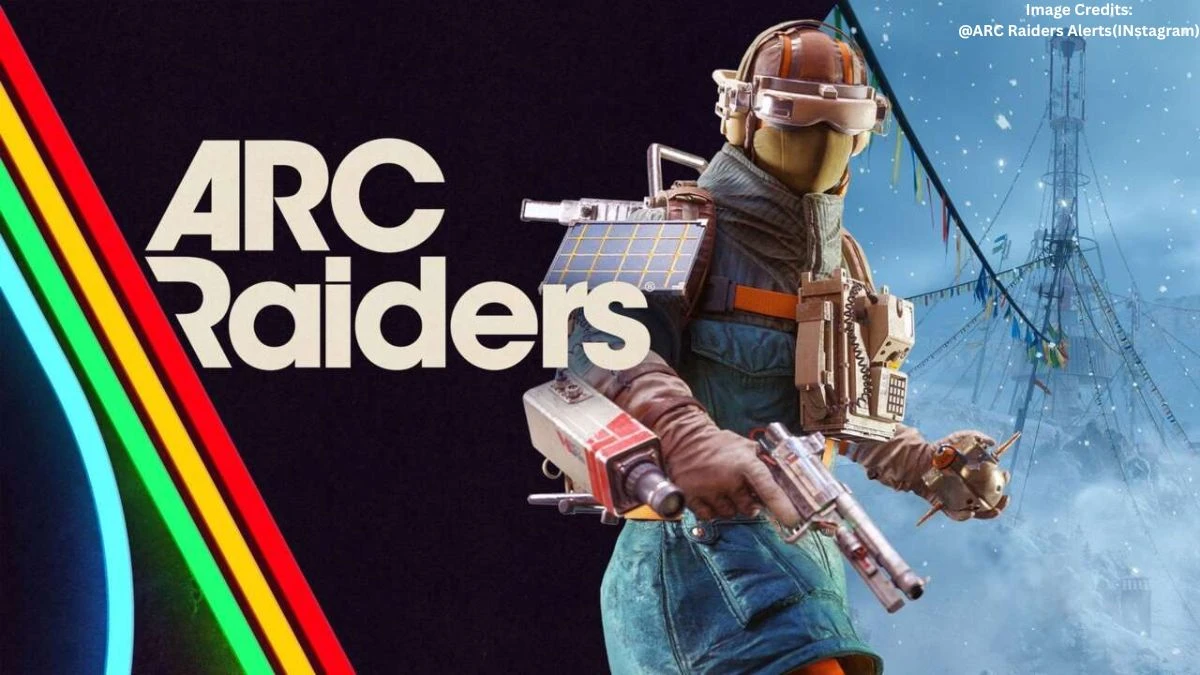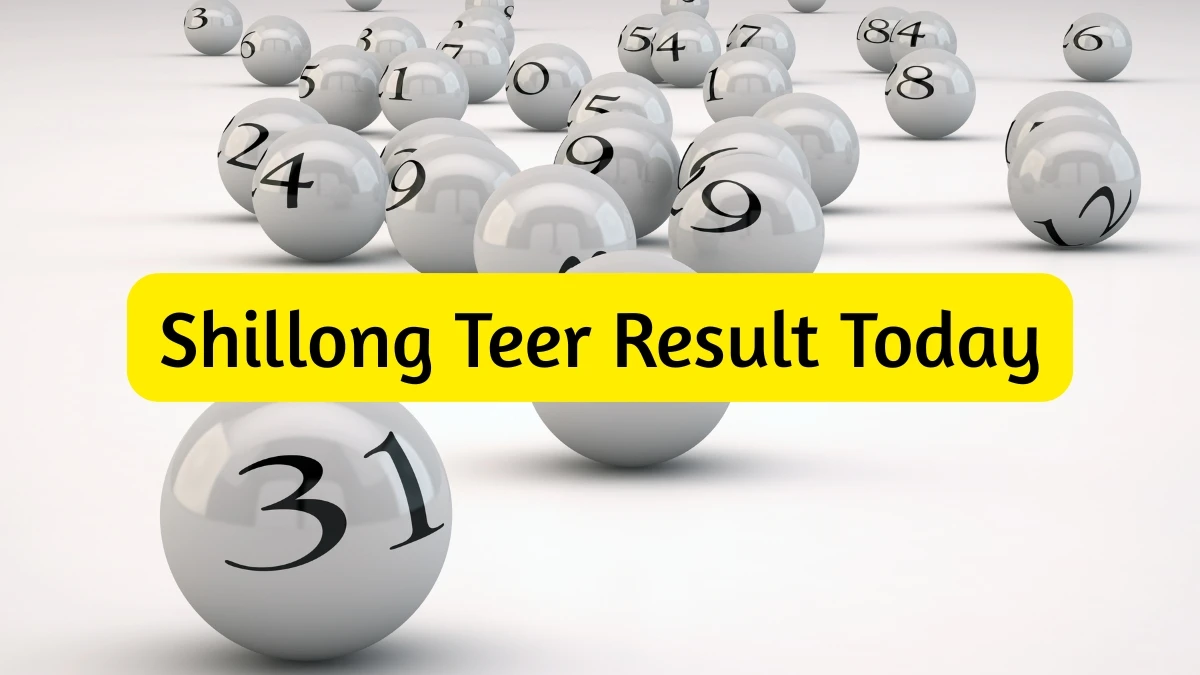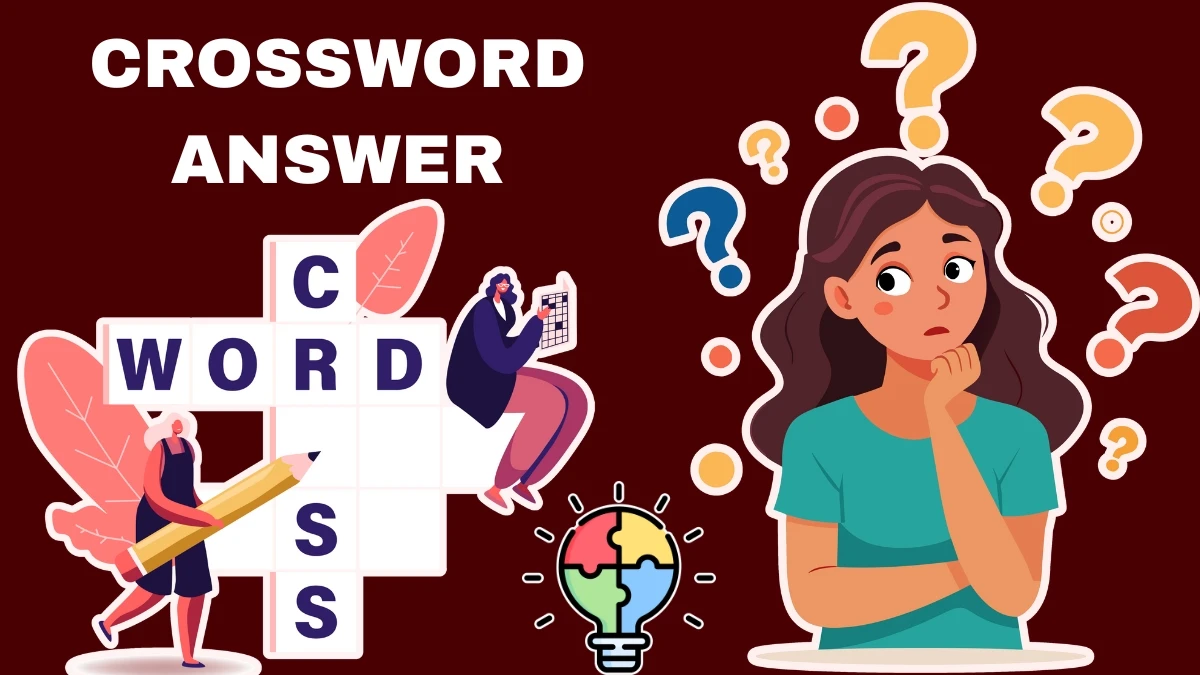10 Must-Read Non-Fiction Books That Redefine Intelligence
The traditional view of intelligence—a single, measurable capacity for logical reasoning—is rapidly becoming obsolete. Modern research reveals intelligence as a complex, multifaceted phenomenon that extends far beyond IQ scores. These ten groundbreaking books challenge conventional wisdom and offer revolutionary perspectives on what it truly means to be intelligent.
| Rank | Book Title |
|---|---|
| 1 | Thinking, Fast and Slow by Daniel Kahneman |
| 2 | The Extended Mind by Annie Murphy Paul |
| 3 | Grit: The Power of Passion and Perseverance by Angela Duckworth |
| 4 | Mindset: The New Psychology of Success by Carol S. Dweck |
| 5 | A Thousand Brains: A New Theory of Intelligence by Jeff Hawkins |
| 6 | Sapiens: A Brief History of Humankind by Yuval Noah Harari |
| 7 | Neurodiversity: The Birth of an Idea by Thomas Armstrong |
| 8 | Peak: Secrets from the New Science of Expertise by Anders Ericsson and Robert Pool |
| 9 | Deep Work by Cal Newport |
| 10 | The Patterning Instinct by Jeremy Lent |
1. Thinking, Fast and Slow by Daniel Kahneman
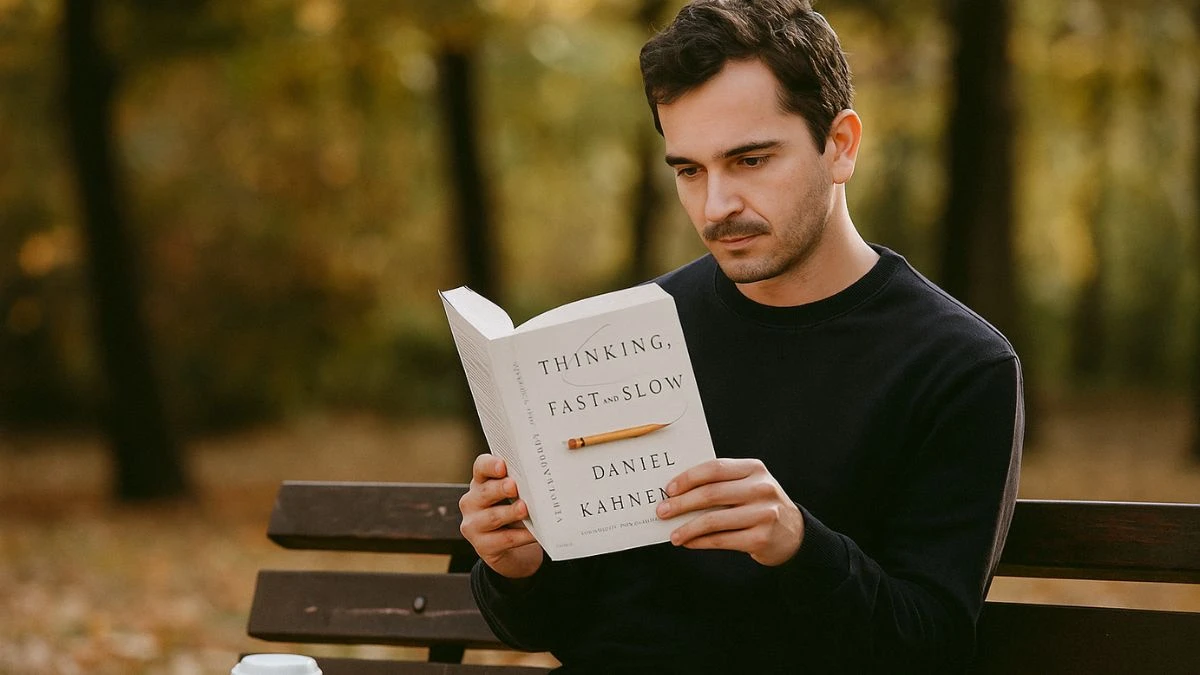
Key Intelligence Redefinition: Intelligence operates through two distinct cognitive systems rather than one unified process.
-
System 1 Intelligence: Fast, automatic, intuitive thinking that handles routine decisions and pattern recognition with remarkable efficiency
-
System 2 Intelligence: Slow, deliberate, analytical thinking required for complex problem-solving and novel situations
-
The New Smart: Understanding when to trust your intuition and when to engage in careful analysis
-
Practical Impact: True intelligence involves meta-cognitive awareness—knowing which mental system to deploy for different challenges
-
Revolutionary Insight: Many "irrational" behaviors are actually System 1 operating efficiently in contexts where it evolved to work
2. The Extended Mind by Annie Murphy Paul

Key Intelligence Redefinition: Intelligence doesn't reside solely in our brains but extends into our environment, tools, and social networks.
-
Embodied Cognition: Our bodies are active participants in thinking—gesture, movement, and physical manipulation enhance cognitive processing
-
Environmental Intelligence: Spaces, objects, and sensory experiences can be deliberately designed to boost cognitive performance
-
Technological Extensions: Digital tools and AI systems function as cognitive prosthetics that amplify human intelligence
-
Social Cognition: Thinking with others creates collective intelligence that surpasses individual cognitive limits
-
Revolutionary Insight: The boundary between mind and world is far more porous than previously imagined—intelligence is distributed across brain, body, and environment
3. Grit: The Power of Passion and Perseverance by Angela Duckworth

Key Intelligence Redefinition: Passion and persistence often matter more than talent or IQ in achieving long-term success.
-
Grit Formula: Passion + Perseverance toward long-term goals = superior performance outcomes
-
Talent Myth Debunked: Natural ability accounts for less achievement variation than previously believed
-
Deliberate Practice: Focused, effortful practice with immediate feedback drives skill development more than innate intelligence
-
Growth Through Struggle: Embracing difficulty and maintaining effort despite setbacks becomes a form of practical intelligence
-
Revolutionary Insight: Character strengths like grit can be developed and are often better predictors of success than traditional cognitive measures
4. Mindset: The New Psychology of Success by Carol S. Dweck

Key Intelligence Redefinition: Beliefs about intelligence are themselves a form of intelligence that shapes cognitive performance.
-
Fixed vs. Growth Mindset: Believing intelligence is changeable (growth mindset) versus believing it's static (fixed mindset) dramatically affects learning and achievement
-
Self-Fulfilling Prophecy: Students who believe they can get smarter actually do get smarter over time
-
Effort Reframed: Effort becomes evidence of intelligence rather than a sign of low ability
-
Failure as Learning: Setbacks transform from threats to identity into opportunities for growth
-
Revolutionary Insight: Our meta-beliefs about intelligence may be the most important intelligence we possess
5. A Thousand Brains: A New Theory of Intelligence by Jeff Hawkins
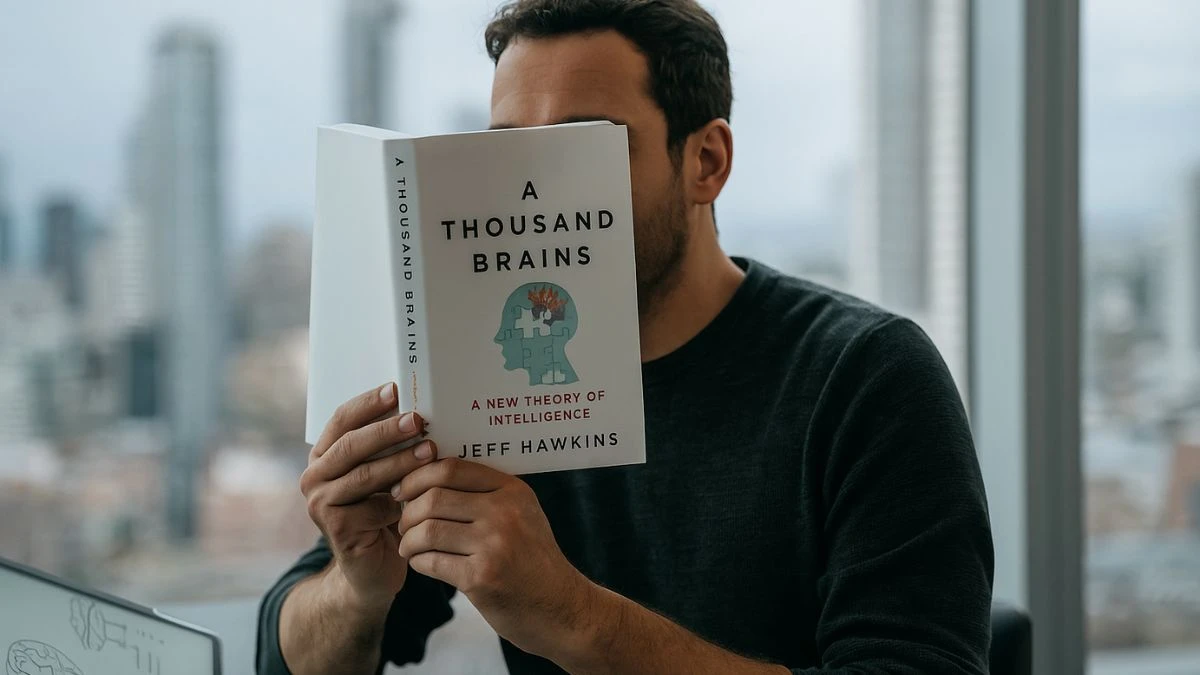
Key Intelligence Redefinition: Intelligence is fundamentally about prediction rather than computation or information storage.
-
Hierarchical Temporal Memory: The brain's cortical columns create predictive models at multiple levels of abstraction
-
Prediction Machine: Every brain region constantly generates predictions about incoming sensory data and updates models based on errors
-
Reference Frame Theory: Intelligence emerges from the brain's ability to model objects and concepts using reference frames similar to those used for navigation
-
Learning as Model Building: True intelligence involves constructing and refining internal models of the world rather than just processing information
-
Revolutionary Insight: Intelligence is less about storing facts and more about building predictive models that help navigate uncertainty
6. Sapiens: A Brief History of Humankind by Yuval Noah Harari
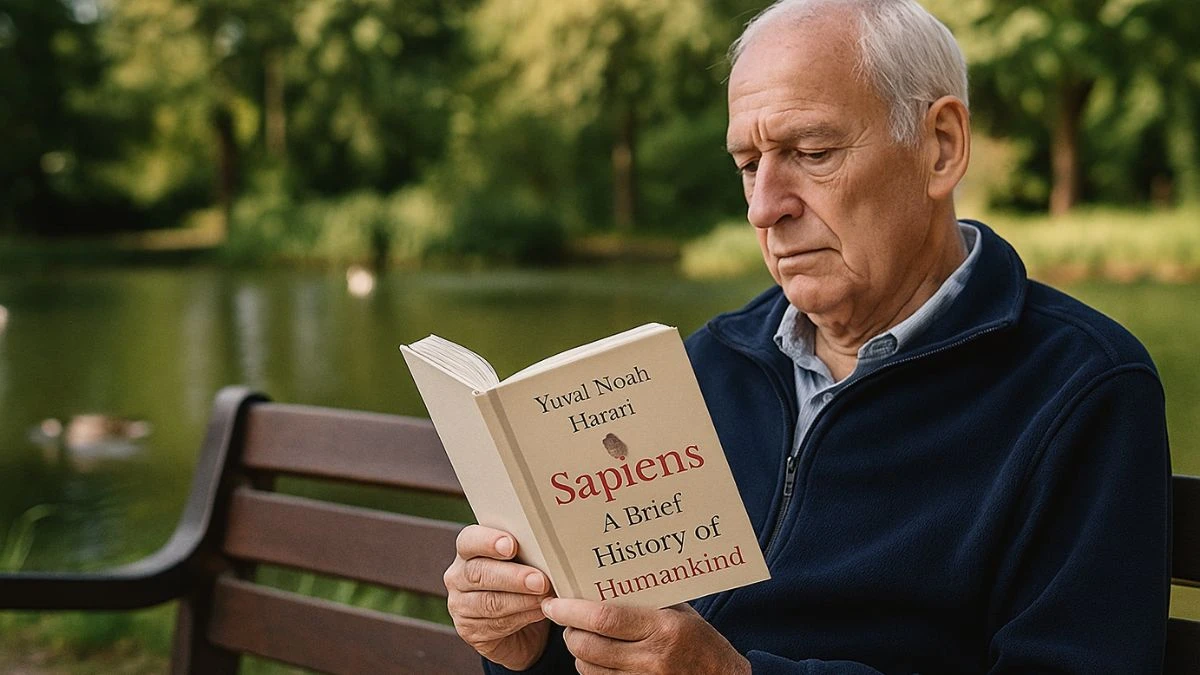
Key Intelligence Redefinition: Human intelligence is primarily collective and social rather than individual and analytical.
-
Cognitive Revolution: Humans became dominant through unique ability to cooperate in large numbers via shared myths and stories
-
Fiction as Intelligence: Creating and believing in shared fictions (money, nations, religions) enables mass coordination unprecedented in nature
-
Collective Learning: Human progress comes from accumulating knowledge across generations rather than individual genius
-
Social Construction of Reality: Intelligence includes the capacity to create and navigate socially constructed meanings and institutions
-
Revolutionary Insight: Individual human intelligence is unremarkable—our species' success comes from collective cognitive abilities that emerge from social cooperation
7. Neurodiversity: The Birth of an Idea by Thomas Armstrong
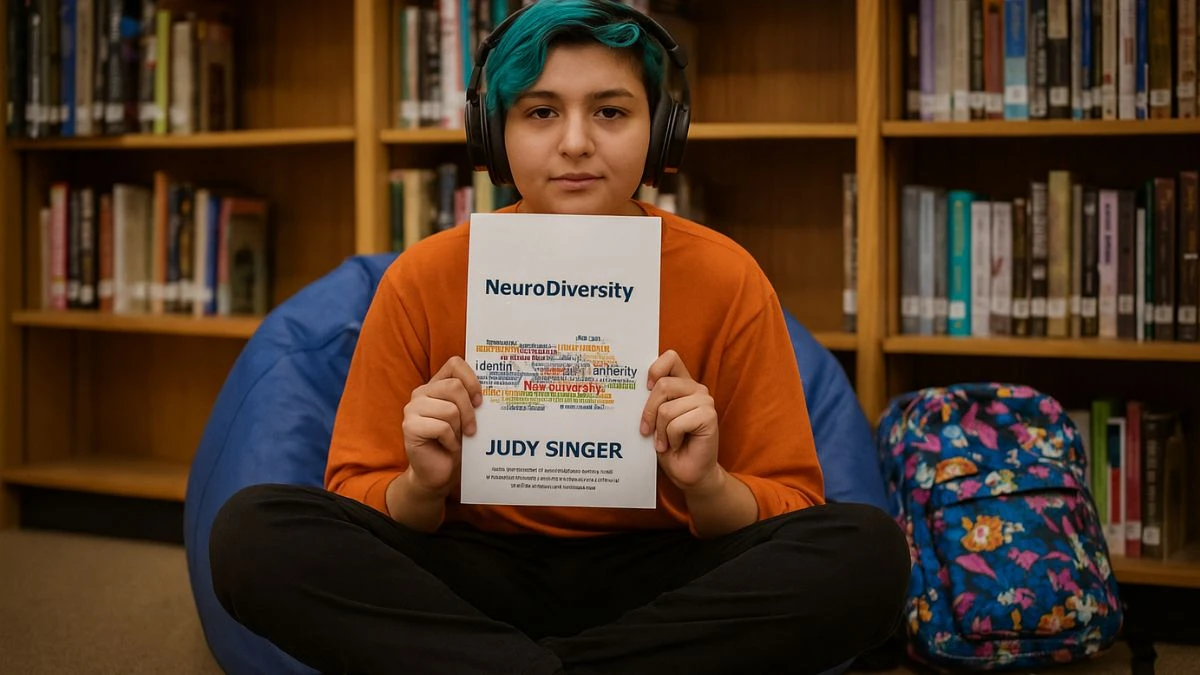
Key Intelligence Redefinition: Cognitive differences represent natural variations in human intelligence rather than deficits or disorders.
-
Neurodiversity Paradigm: Conditions like autism, ADHD, and dyslexia are reframed as different cognitive styles rather than pathologies
-
Strength-Based Approach: Each neurological variation brings unique cognitive advantages alongside challenges
-
Ecological Diversity: Like biological ecosystems, human societies benefit from cognitive diversity and different thinking styles
-
Multiple Intelligence Profiles: People possess varying combinations of cognitive strengths and weaknesses rather than a single intelligence level
-
Revolutionary Insight: There is no single "normal" or "optimal" form of human intelligence—cognitive diversity drives innovation and adaptation
8. Peak: Secrets from the New Science of Expertise by Anders Ericsson and Robert Pool

Key Intelligence Redefinition: Expert-level performance results from deliberate practice rather than innate talent or general intelligence.
-
Deliberate Practice: Focused, effortful practice with immediate feedback and progressive challenges creates expertise in any domain
-
Talent Myth Debunked: "Natural talent" explains far less expert performance than previously believed—most exceptional abilities are learnable
-
Mental Representations: Experts develop sophisticated mental models that allow them to perceive patterns and possibilities invisible to novices
-
Adaptive Learning: Intelligence becomes domain-specific pattern recognition and problem-solving abilities developed through practice
-
Revolutionary Insight: Expert-level intelligence in any field can be developed by almost anyone willing to engage in deliberate practice over time
9. Deep Work: Rules for Focused Success in a Distracted World by Cal Newport
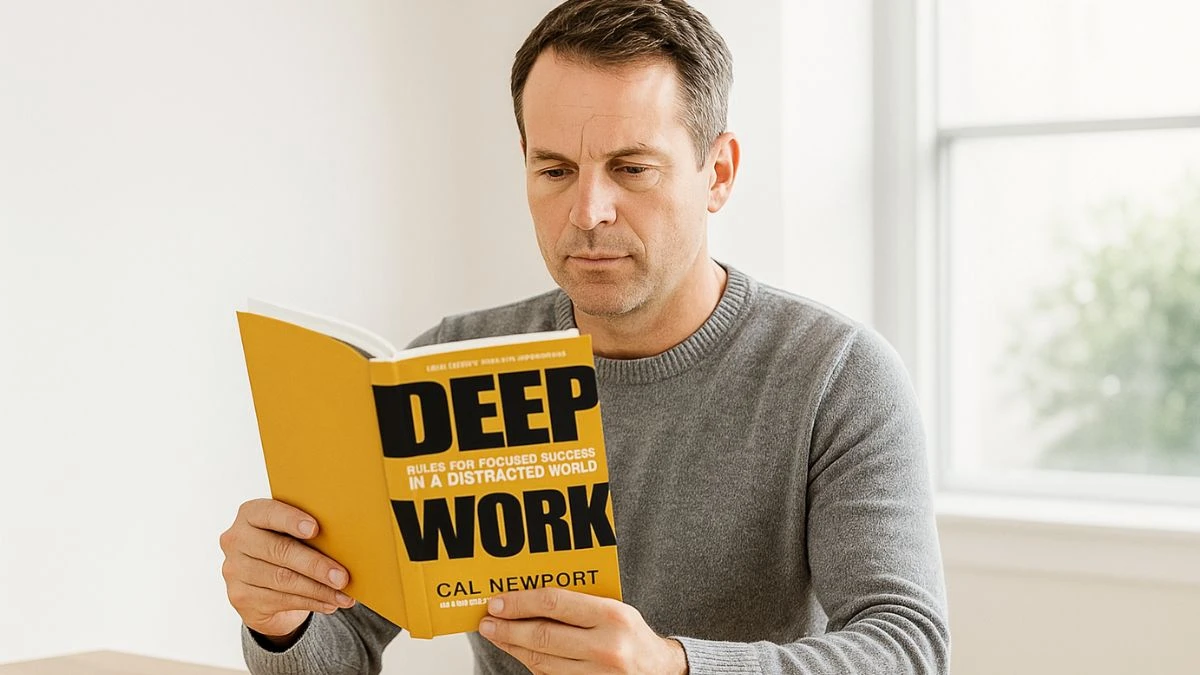
Key Intelligence Redefinition: The ability to focus deeply on cognitively demanding tasks becomes a core component of 21st-century intelligence.
-
Deep Work Definition: Professional activities performed in a state of distraction-free concentration that push cognitive capabilities to their limit
-
Attention as Currency: In an information-rich world, the ability to focus on what matters becomes increasingly valuable and rare
-
Cognitive Fitness: Deep focus is a skill that can be trained and strengthened like a muscle through deliberate practice
-
Shallow vs. Deep: Distinguishing between shallow busywork and deep, meaningful cognitive labor becomes crucial for intellectual productivity
-
Revolutionary Insight: In our hyper-connected age, the capacity for sustained, focused attention may be the most important cognitive skill for creating value
10. The Patterning Instinct by Jeremy Lent

Key Intelligence Redefinition: Intelligence is fundamentally about perceiving, creating, and manipulating patterns to generate meaning.
-
Pattern Recognition as Foundation: All higher-order thinking—from language to mathematics to creativity—builds on pattern recognition abilities
-
Meaning-Making Process: Intelligence involves not just processing information but weaving it into meaningful patterns and narratives
-
Cultural Intelligence: Human meaning-making systems (language, art, science, religion) represent collective pattern-creation on a massive scale
-
Metaphorical Thinking: The ability to see patterns across different domains enables analogical reasoning and creative insight
-
Revolutionary Insight: Intelligence is less about logical computation and more about creative pattern-making that generates understanding and meaning

